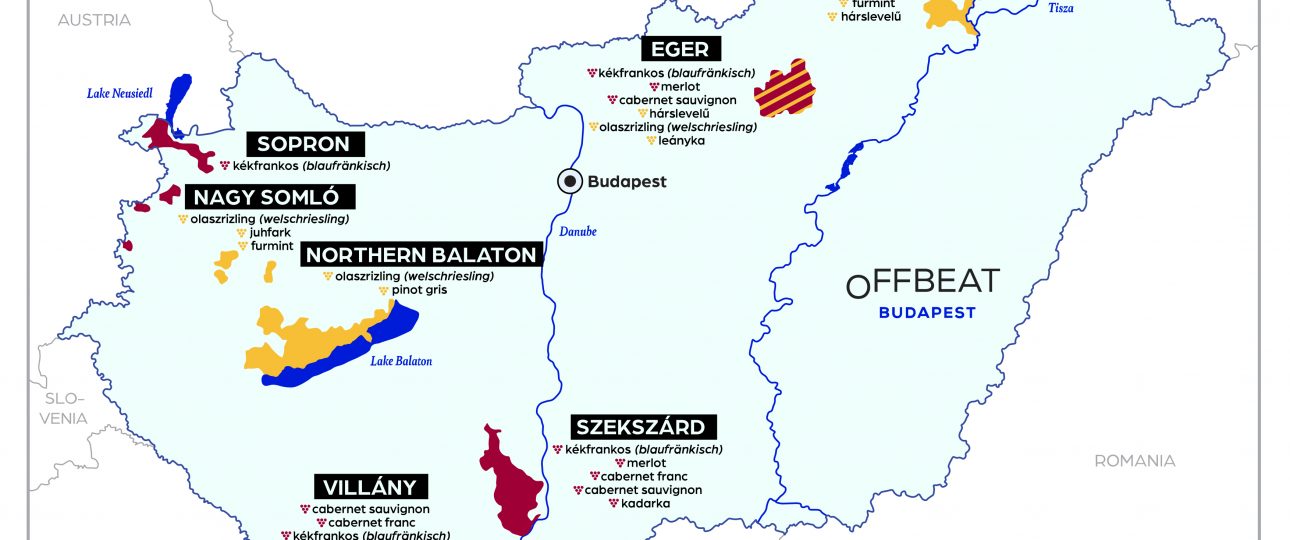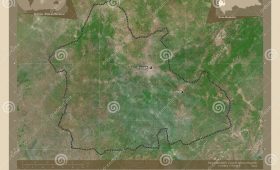Introduction
Welcome to the beautiful wine regions of Hungary! Nestled in the heart of Europe, Hungary offers a unique and captivating experience for wine lovers. From its rich history to its diverse landscapes, this destination has something to offer for everyone. Whether you’re a seasoned wine connoisseur or simply looking to explore new territories, Hungary’s wine regions will leave you mesmerized.
History of Hungarian Wine
Hungary has a long and storied history when it comes to winemaking. The tradition dates back thousands of years, with evidence of grape cultivation and wine production found as early as the Roman period. Throughout history, Hungarian wine has gained recognition and praise from wine enthusiasts around the world. The country’s unique climate and fertile soil contribute to the distinct flavors and characteristics found in Hungarian wines.
The Wine Regions of Hungary
Hungary boasts several wine regions, each with its own distinct qualities and specialties. Let’s explore some of the most prominent wine regions in the country:
Eger
Eger is a historic wine region located in northern Hungary. It is known for its robust red wines, with the flagship variety being Bull’s Blood (Egri Bikavér). The region’s volcanic soil and cool climate create favorable conditions for the cultivation of full-bodied red wines. Eger is also home to numerous wineries and cellars, offering visitors the opportunity to taste and learn about the local wines.
Tokaj
Tokaj is perhaps the most famous of all Hungarian wine regions. Located in northeastern Hungary, it is renowned for its sweet dessert wines, particularly the Tokaji Aszú. These wines are made from grapes affected by noble rot, resulting in a unique and luscious flavor profile. Tokaj’s picturesque vineyards and historic wine cellars make it a must-visit destination for wine enthusiasts.
Villány
Villány is a southern Hungarian wine region known for its red wines, especially Cabernet Sauvignon and Merlot. The region’s warm climate and loess soil contribute to the production of rich and complex red wines. Villány’s wineries offer guided tours and tastings, allowing visitors to delve into the world of Hungarian red wines.
Best Time to Visit
The best time to visit Hungary’s wine regions is during the harvest season, which typically takes place in late summer or early autumn. This is when the vineyards are bustling with activity, and you can witness the winemaking process firsthand. The weather is also pleasant during this time, making it ideal for exploring the vineyards and enjoying the stunning landscapes.
How to Get There
Getting to Hungary’s wine regions is relatively easy. The capital city, Budapest, serves as a major transportation hub, with international flights arriving daily. From Budapest, you can rent a car or take a train or bus to reach the different wine regions. Alternatively, organized wine tours are available, providing convenient transportation and expert guidance throughout your wine exploration journey.
Local Transportation
Once you’ve arrived in the wine regions, it’s important to consider your options for local transportation. Renting a car is a popular choice, as it provides the flexibility to explore the various vineyards at your own pace. Public transportation, such as buses and trains, is also available and can be a cost-effective way to get around. Some wineries may offer shuttle services or guided tours, making it even easier to navigate the wine regions.
Summary of Facts
- Hungary has a long history of winemaking, dating back thousands of years.
- The country’s wine regions include Eger, Tokaj, and Villány.
- Eger is known for its robust red wines, particularly Bull’s Blood (Egri Bikavér).
- Tokaj is famous for its sweet dessert wines, such as Tokaji Aszú.
- Villány specializes in red wines, with Cabernet Sauvignon and Merlot being prominent varieties.
- The best time to visit Hungary’s wine regions is during the harvest season in late summer or early autumn.
- Budapest is the main transportation hub for reaching the wine regions.
- Local transportation options include renting a car, taking public transportation, or joining organized wine tours.




